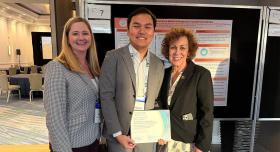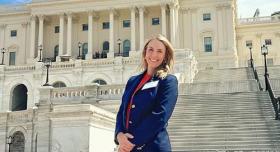
Explore our Degrees & Programs
Review what programs we offer and learn about application deadlines, contacts and more.
Get More Information
UT Austin offers 83 doctoral programs and 125 master's programs. Tell us about yourself, and we will connect you with your program of interest.
What starts here changes the world.
Since 1883, students from across Texas and around the world have come to The University of Texas at Austin to seek challenges and open doors to the future. Graduate students choose the university for its reputation for academic excellence, its commitment to research and teaching, and its location. Austin, Texas is a vibrant city that offers a thriving art and music scene, delicious food and beautiful parks and lakes to explore.
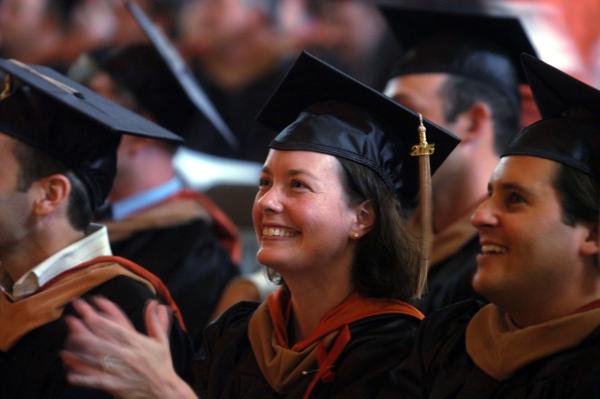
Excellence in Research and Teaching
The University of Texas at Austin is one of the world’s leading research universities, supporting cutting-edge research in all disciplines and offering more than 200 dedicated research units and centers, ranging from the Texas Advanced Computing Center to the Teresa Lozano Long Institute of Latin American Studies. It’s all done with an eye toward excellence.
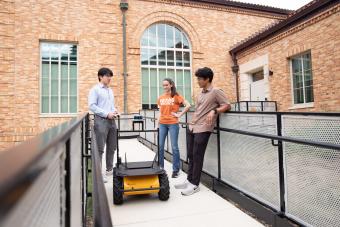
Live the Longhorn Life
Grad life at UT Austin means receiving a world class education, having access to premium health and wellness resources, student organizations and more - all while living in Austin, Texas.
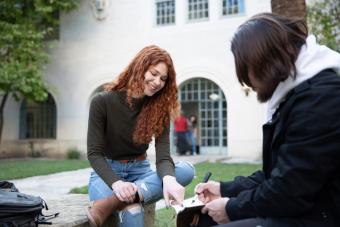
Where to Begin
Interested in graduate school at The University of Texas at Austin? Start here and review eligibility for admission, admissions and enrollment statistics, programs and degrees, the cost of attendance and more.
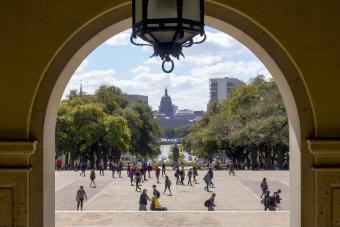
Visit UT Austin
Come visit the Forty Acres and see our beautiful campus for yourself. Take a tour, connect with faculty, and visit our world-class resources, libraries and labs.
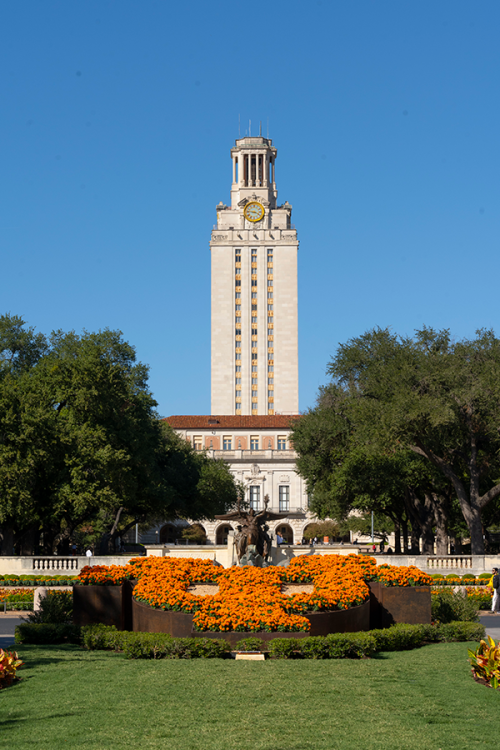
Follow us on Instagram @utaustingradschool
- Instagram Post
 @utaustingradschool
@utaustingradschoolJoin us for Qualitative Research Night for Master’s, Ph.D. students and Postdocs
🗓 Tuesday, February 24, 2026
⏰ 5–7 p.m.
📍 Glickman Conference Center
Instagram Post @utaustingradschool
@utaustingradschoolOur CONNECT Spring 2026 Cohort has officially launched! The cohort launched with sessions for fellows and community organizations, and 25 individual project kickoff meetings.
Instagram Post @utaustingradschool
@utaustingradschoolCalling Texas Writers: Applications are now open for the Dobie Paisano Writing Fellowships in Fall 2026 and Spring 2027!
Instagram Post @utaustingradschool
@utaustingradschoolKhamron Micheals’s research is heavily informed by his experience at the bedside, working as a respiratory therapist for those with severe pulmonary diseases.
Instagram Post @utaustingradschool
@utaustingradschoolWhat a semester! ✨ The Office of Career and Life Design had the privilege of partnering with so many incredible offices across campus and employers throughout Austin to guide graduate students and postdocs along their career journeys.
Instagram Post @utaustingradschool
@utaustingradschoolAmidst the opioid overdose crisis, third-year Ph.D. student Jake Samora has been conducting community-engaged research with people who use drugs (PWUD) and providers of substance use disorder services, a challenge further complicated by pandemic-related disruptions.
Instagram Post @utaustingradschool
@utaustingradschoolThank you to Summer Salazar for hosting the Office of Career and Life Design’s Business and Etiquette Dinner at the Etter-Harbin Alumni Center earlier this month.
Instagram Post @utaustingradschool
@utaustingradschool“I’m interested in how we can design and talk about technology in ways that benefit society while staying practical and effective,” Jeewon (Joanne) Kim, third-year Ph.D. candidate @txadpr @texasmoody, said.
Instagram Post @utaustingradschool
@utaustingradschoolWith his screenplay "Polar Night”, screenwriting M.F.A. student Aaron Lopez represents @utexasrtf @texasmoody as one of ten semifinalists in the 2025 Humanitas College Drama Awards.
